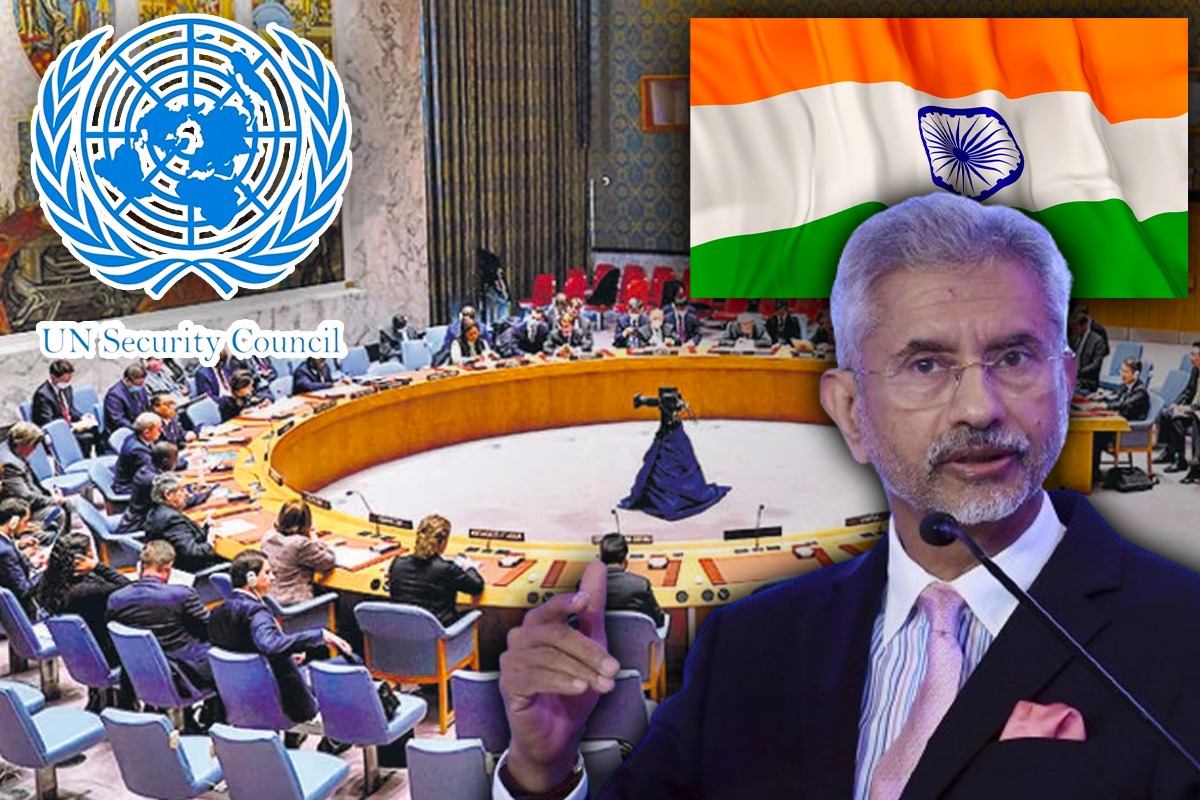India’s bid for a permanent seat on the United Nations Security Council (UNSC) is well deserved, rooted in its credentials as the world’s largest democracy, the second-most populous country, a major economic player, a responsible nuclear power, and a significant contributor to UN peacekeeping missions. Despite these qualifications, India has faced resistance and indifference from existing permanent members, impeding its progress towards a permanent seat.
Since the 1990s, India’s bid for a permanent UNSC seat has been hindered by the reluctance of veto-wielding permanent members, who shape global agendas. The reform process has stagnated due to a lack of consensus and political will among UN member states and the vested interests of current powers. India has served eight non-permanent terms, with the latest term concluding in 2021-2022.
Recent efforts have revitalized India’s bid, as the country actively seeks support from various nations and regions. Strategic partnerships with the US, Russia, France, Japan, Australia, and Israel, and diplomatic outreach to the African Union, Latin American and Caribbean Group, and Small Island Developing States demonstrate India’s commitment to a more representative UNSC.
Also Read: Bridging the Gender Pay Gap in India
Notably, India’s engagement with the Gulf Cooperation Council (GCC) has played a pivotal role in garnering political support. India’s strong cultural, economic, and security ties with the GCC countries, comprising Bahrain, Kuwait, Oman, Qatar, Saudi Arabia, and the UAE, have fostered a mutually beneficial relationship. With bilateral trade surpassing $100 billion in 2019-2020 and over eight million expatriate workers in India from the GCC, the diplomatic collaboration extends beyond politics into areas like counter-terrorism, maritime security, energy security, and regional stability.
The GCC’s endorsement of India’s UNSC bid is significant, with Bahrain, Oman, and the UAE officially supporting India. A UK Parliament report recommends British support for India’s candidature based on India’s growing relations with the GCC. It underscores that India’s support gathering is ongoing, emphasizing the need to engage with more countries and regions for endorsement.
India’s UNSC bid has gained momentum amid global calls for reform, driven by dissatisfaction with the council’s perceived inaction and irrelevance in addressing 21st-century challenges. Criticism has arisen due to the UNSC’s failure to resolve conflicts like the Syrian civil war, the Yemeni crisis, the Rohingya genocide, and the Russian invasion of Ukraine. Accusations of bias, lack of accountability, and undemocratic tendencies highlight the council’s failure to represent the current global landscape. Reforming the UNSC is imperative to preserve the credibility and legitimacy of the United Nations and the broader international order.










